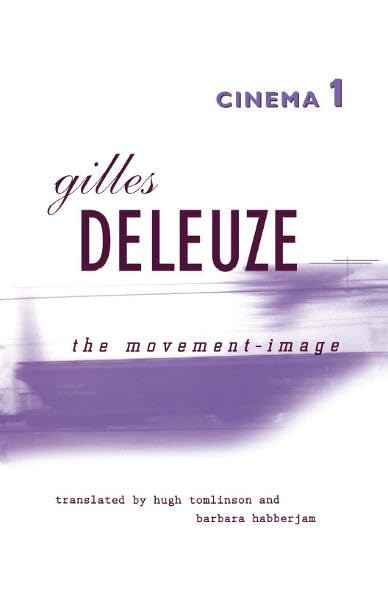Readings for Gay Intellectual Snobs
Explore a curated list of intellectual reads for gay snobs—discover avant-garde literature, queer theory, and highbrow classics that challenge and inspire the discerning mind.

Book
Simulacra and Simulation
by Jean Baudrillard
Develops a theory of contemporary culture that relies on displacing economic notions of cultural production with notions of cultural expenditure. This book represents an effort to rethink cultural theory from the perspective of a concept of cultural materialism, one that radically redefines postmodern formulations of the body.



Book
Madness and Civilization
by Michel Foucault
Michel Foucault examines the archeology of madness in the West from 1500 to 1800 - from the late Middle Ages, when insanity was still considered part of everyday life and fools and lunatics walked the streets freely, to the time when such people began to be considered a threat, asylums were first built, and walls were erected between the "insane" and the rest of humanity.





Book
Our Lady of the Flowers
by Jean Genet
Jean Genet's masterpiece, composed entirely in the solitude of his prison cell. With an introduction by Jean-Paul Sartre. Jean Genet's first, and arguably greatest, novel was written while he was in prison. As Sartre recounts in his introduction, Genet penned this work on the brown paper which inmates were supposed to use to fold bags as a form of occupational therapy. The masterpiece he managed to produce under those difficult conditions is a lyrical portrait of the criminal underground of Paris and the thieves, murderers and pimps who occupied it. Genet approached this world through his protagonist, Divine, a male transvestite prostitute. In the world of Our Lady of the Flowers, moral conventions are turned on their head. Sinners are portrayed as saints and when evil is not celebrated outright, it is at least viewed with a benign indifference. Whether one finds Genet's work shocking or thrilling, the novel remains almost as revolutionary today as when it was first published in 1943 in a limited edition, thanks to the help of one its earliest admirers, Jean Cocteau.